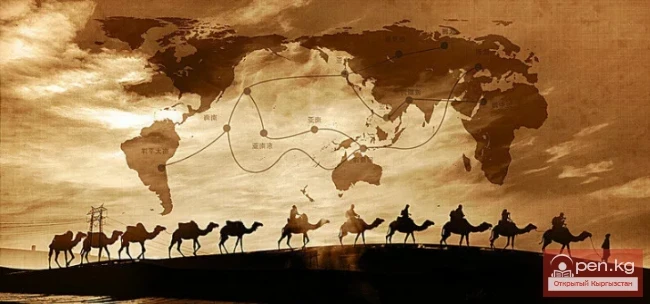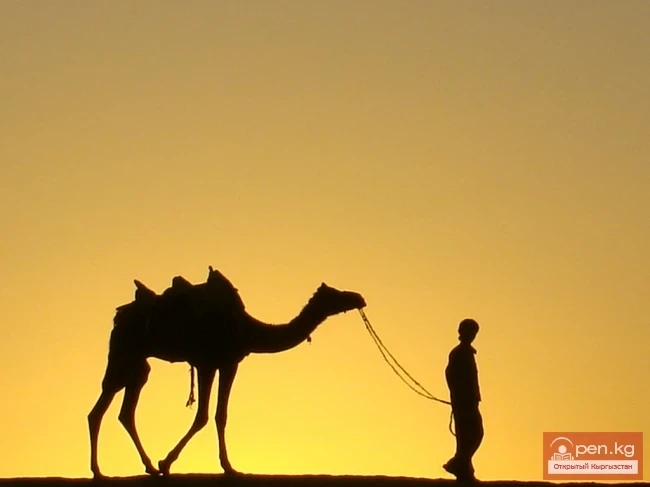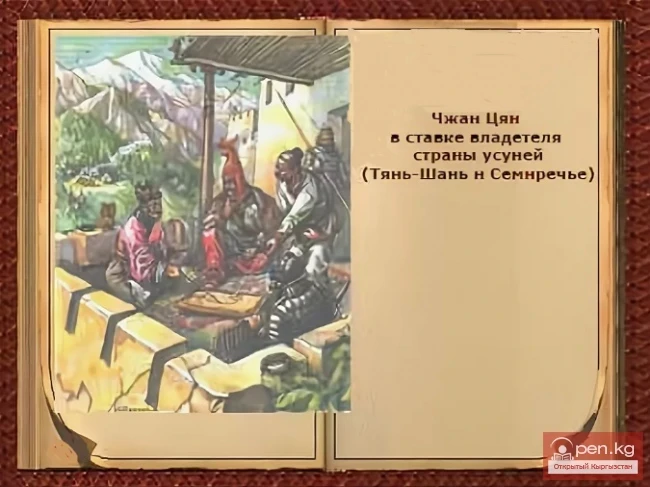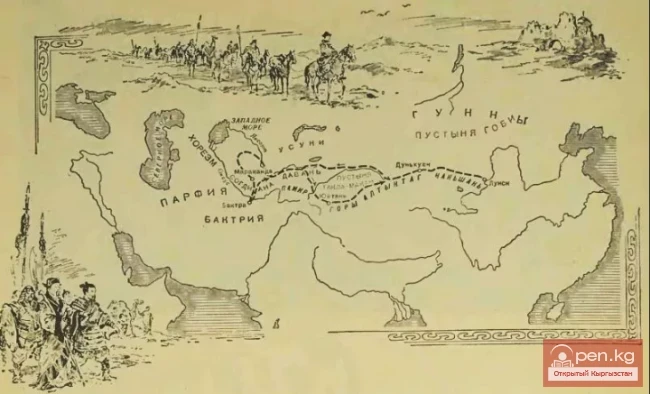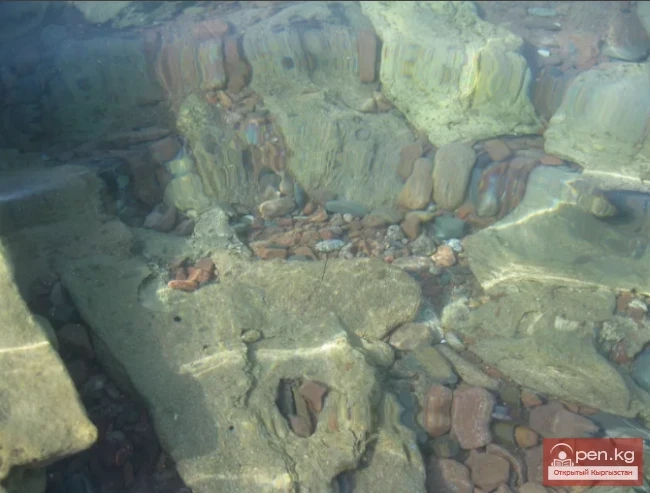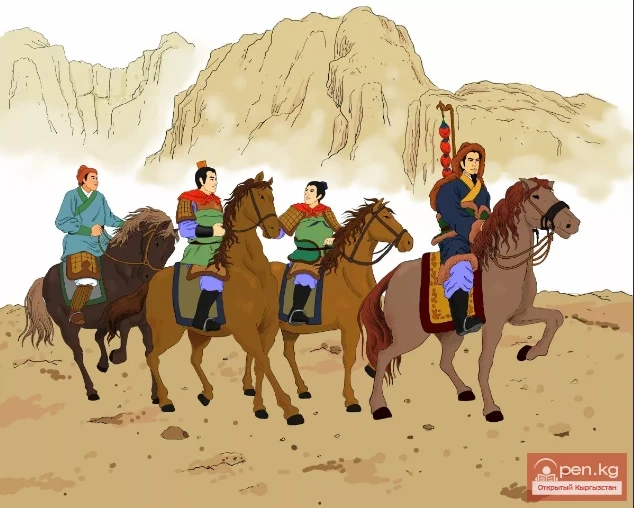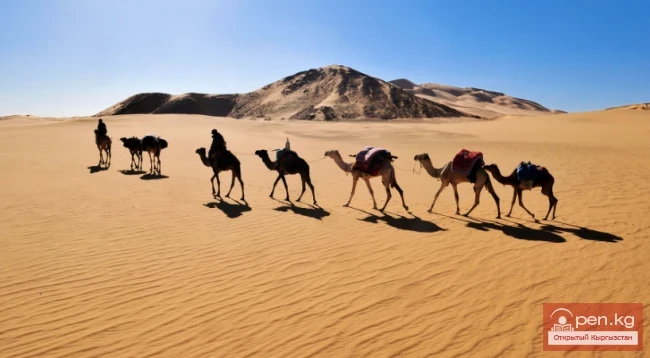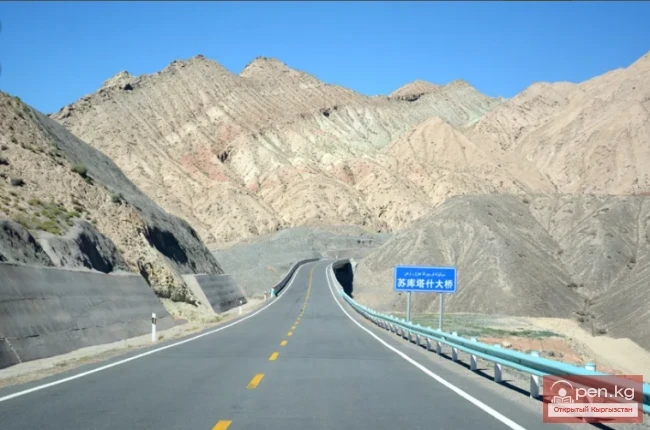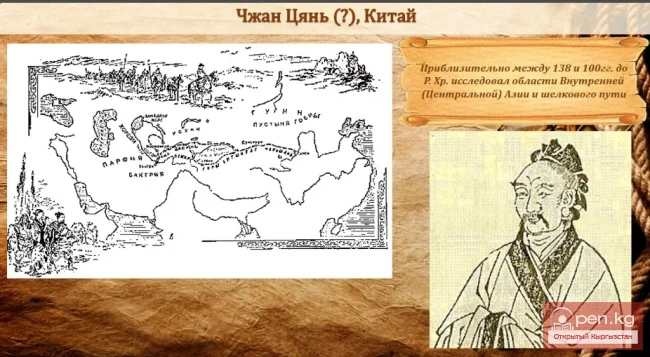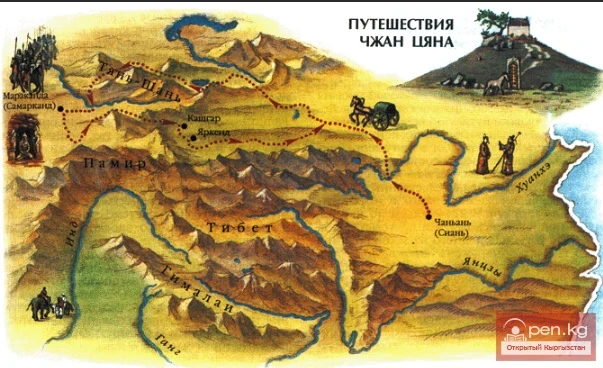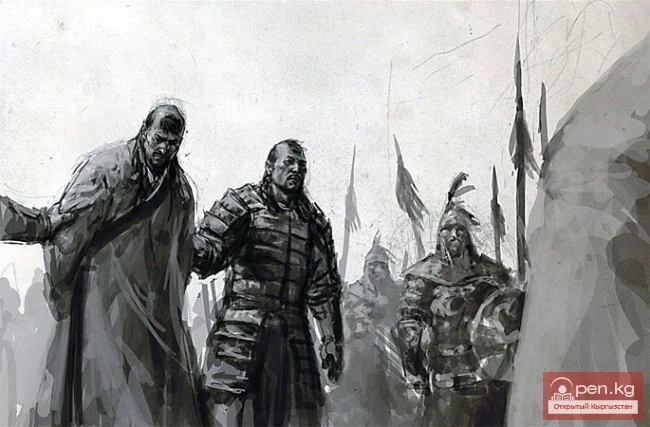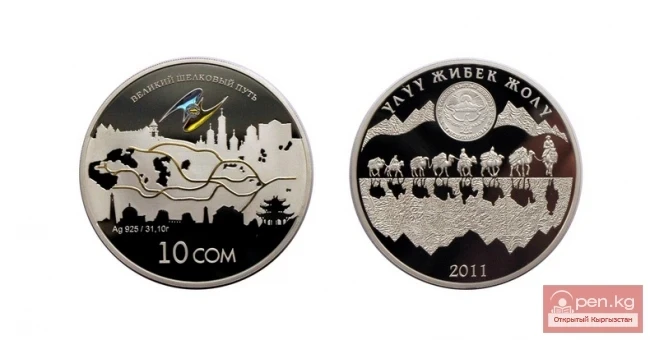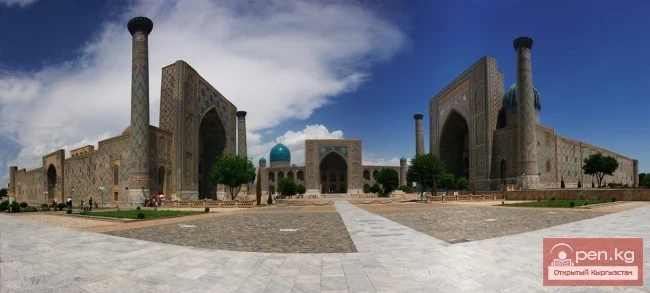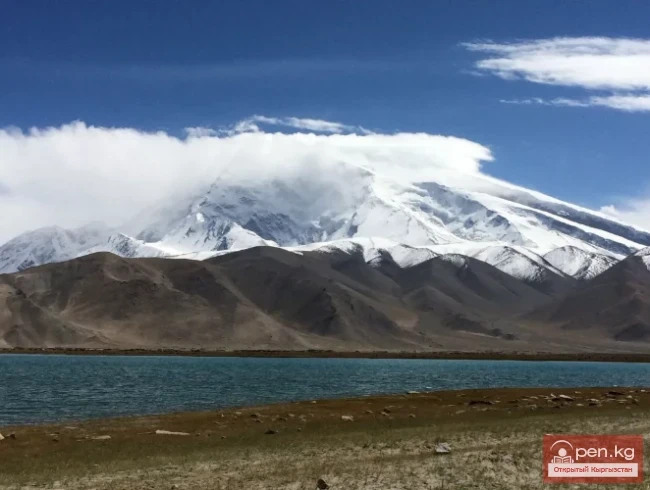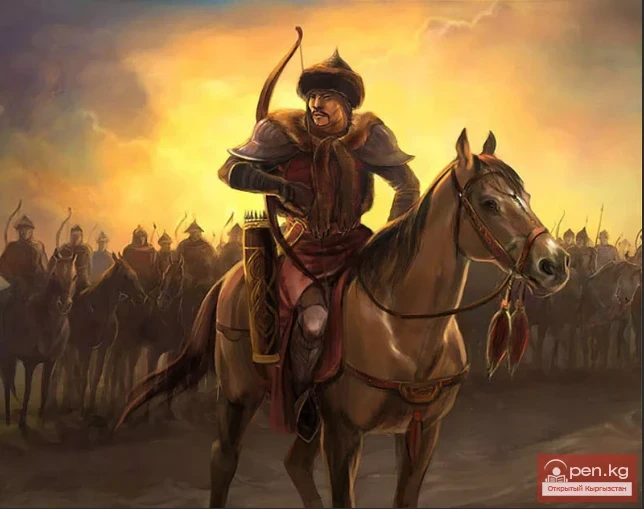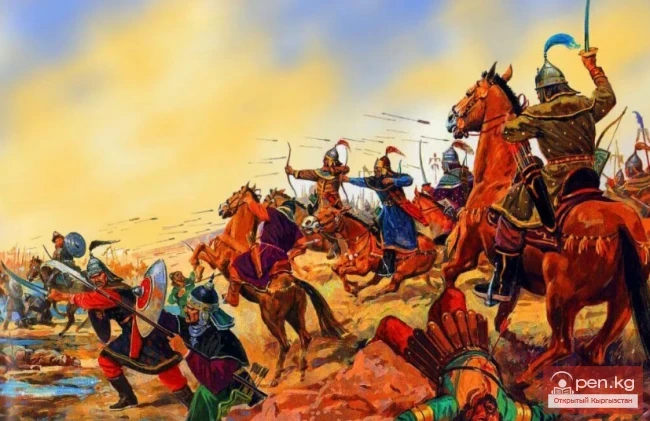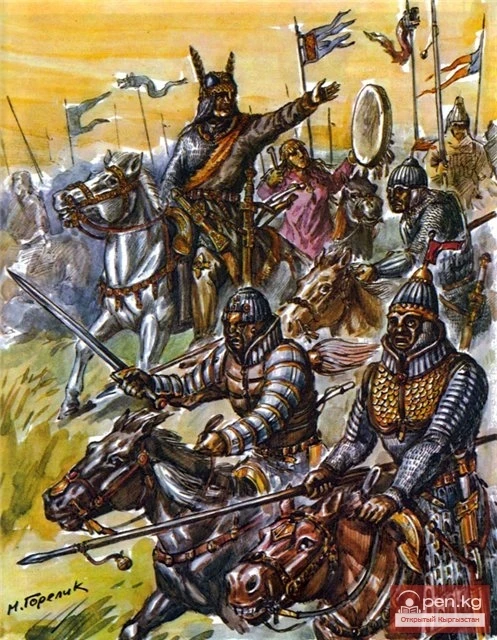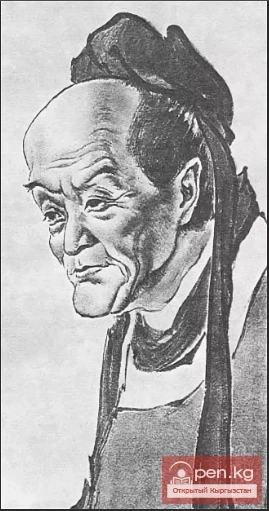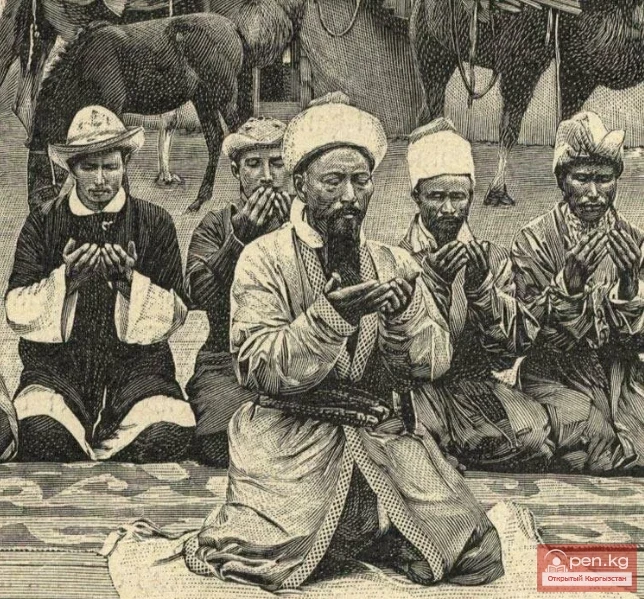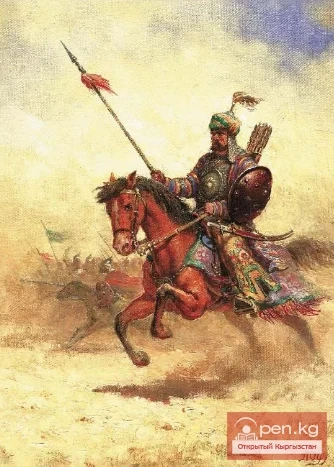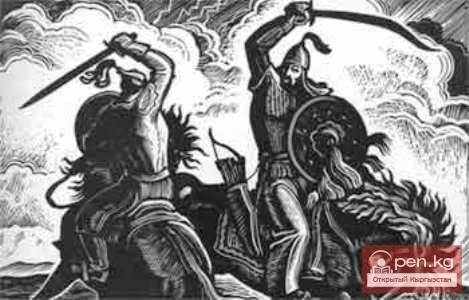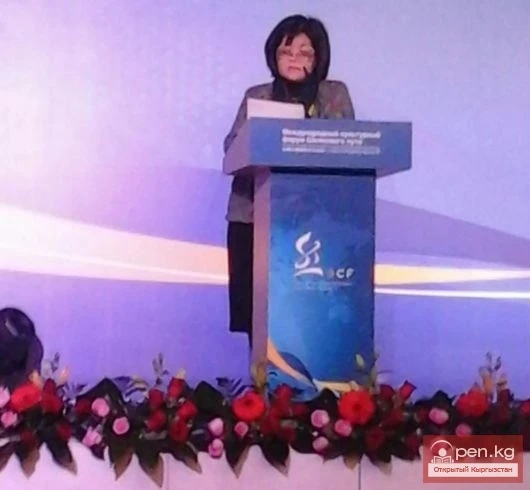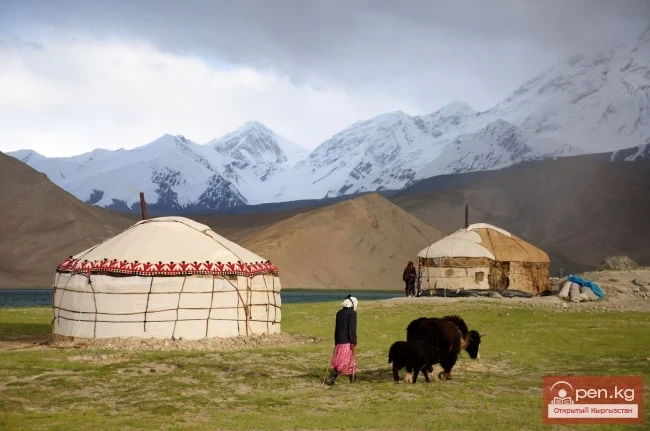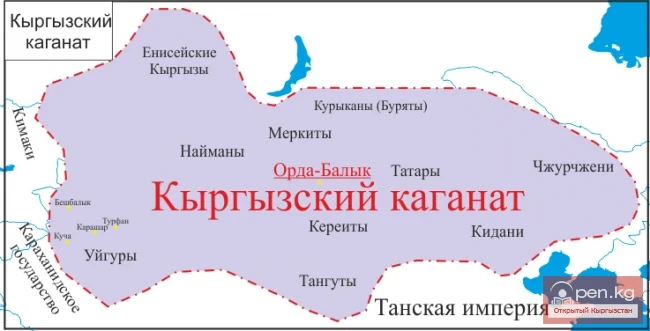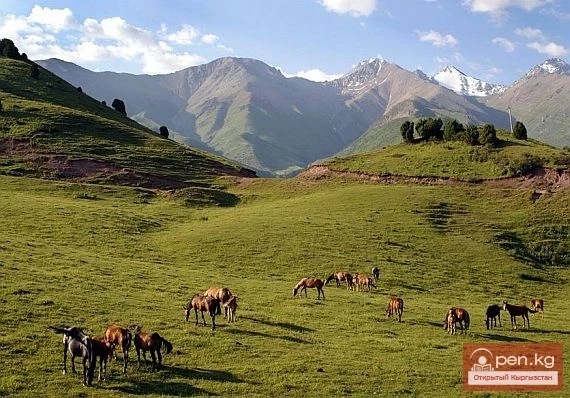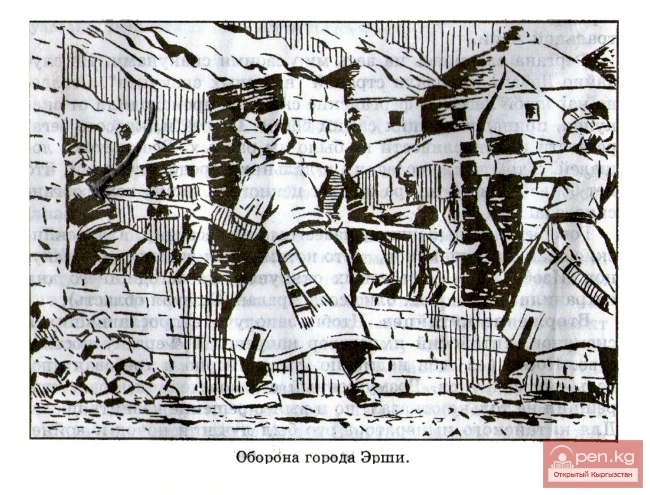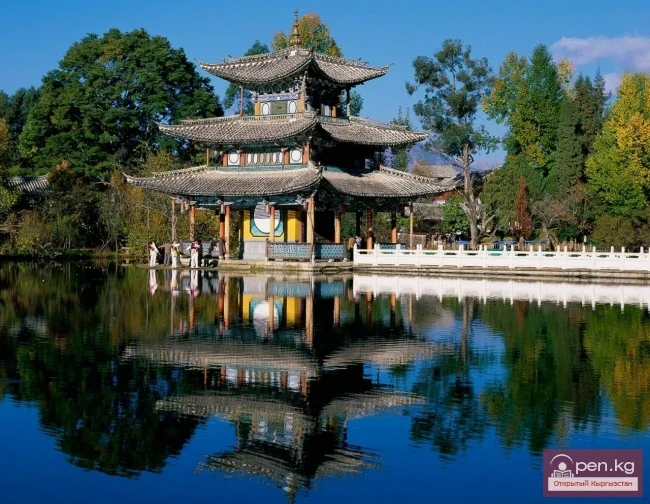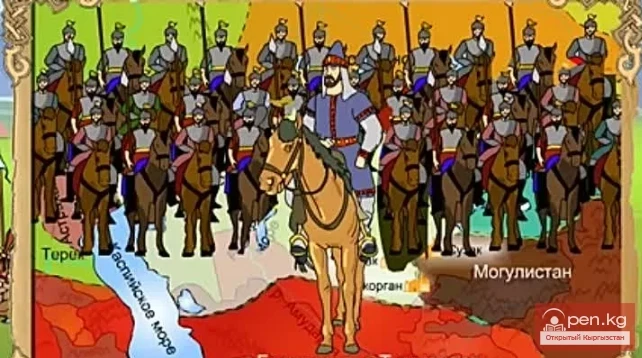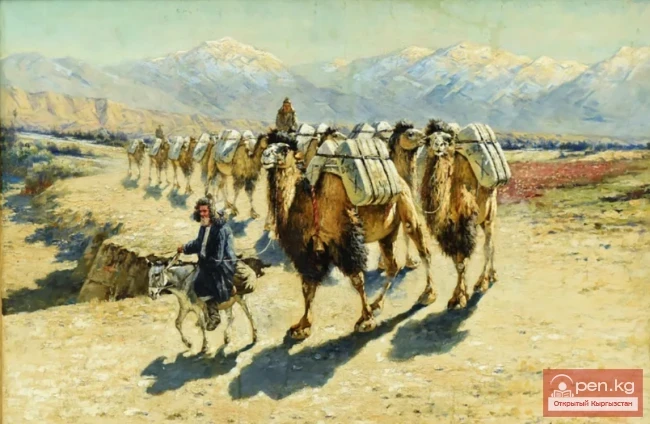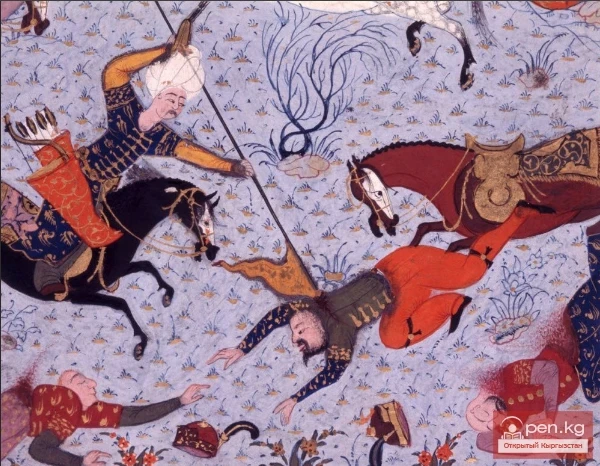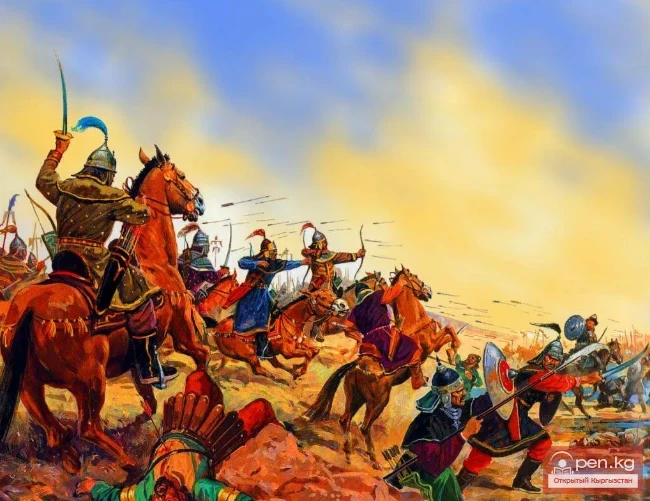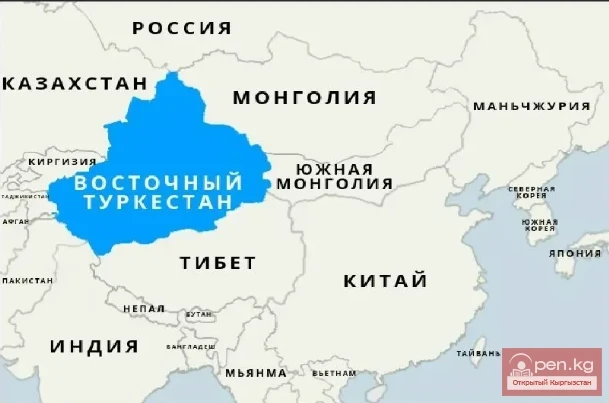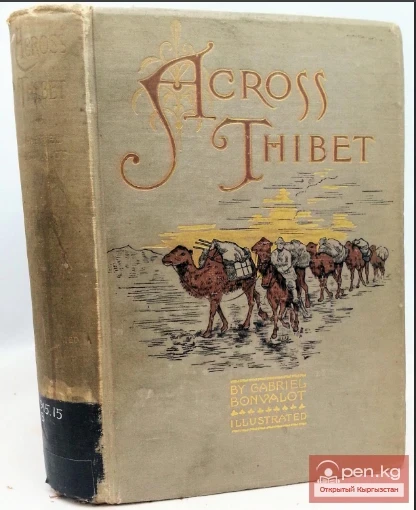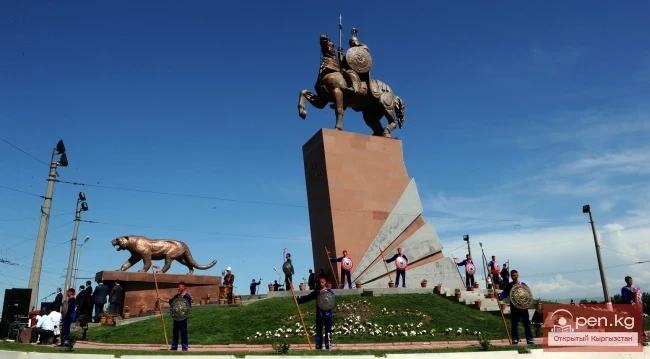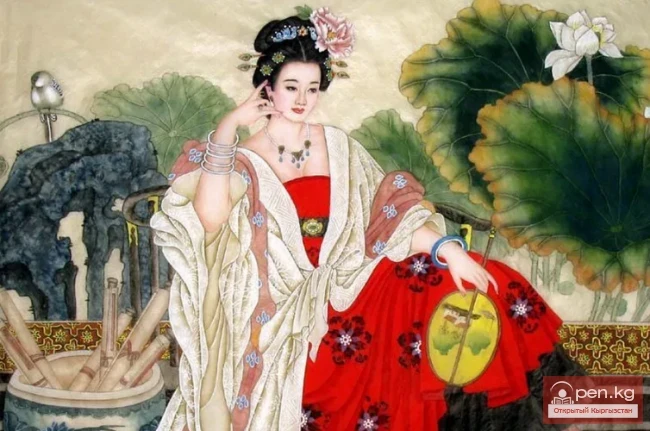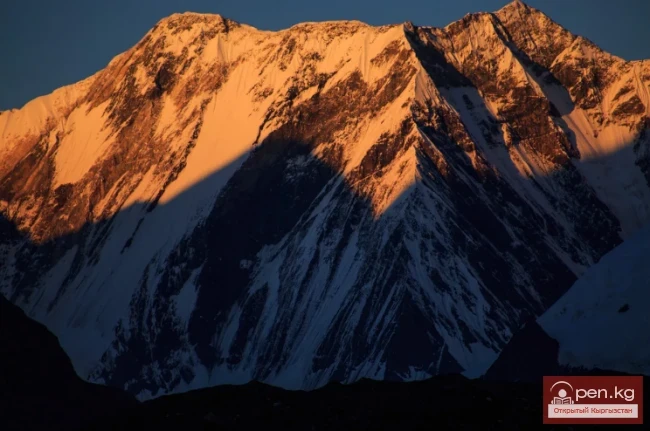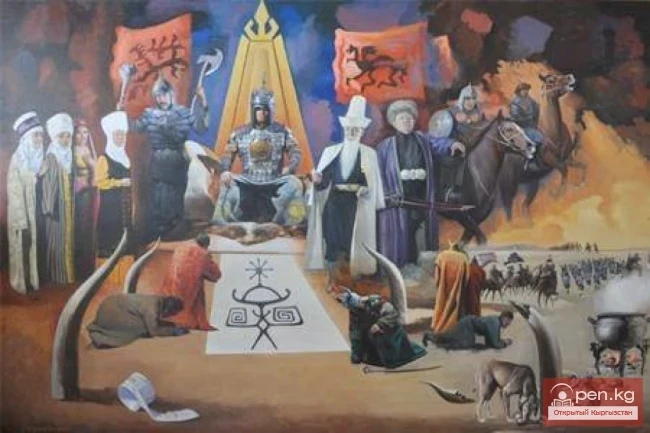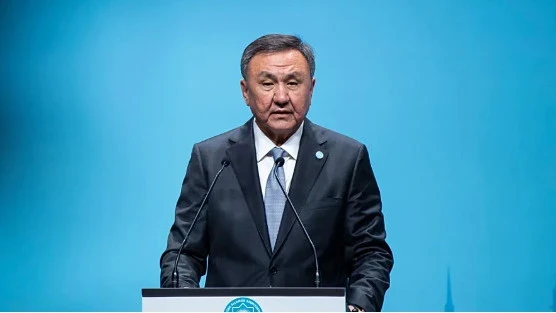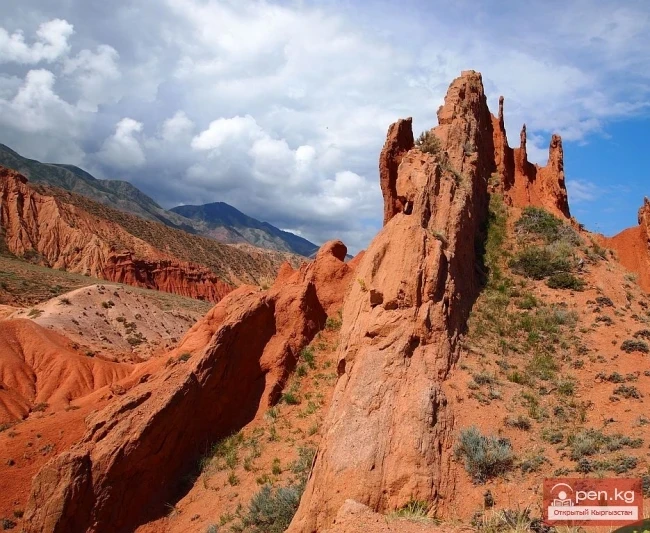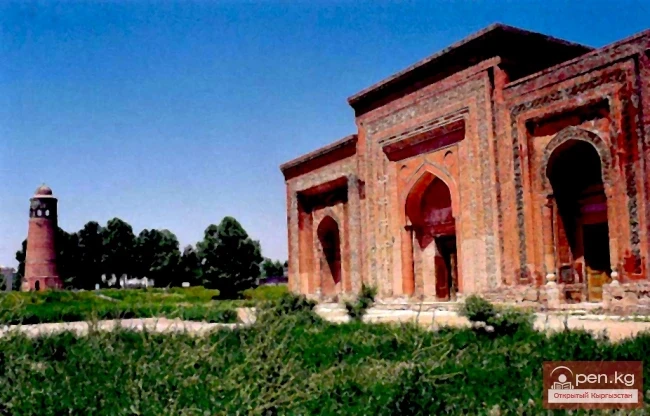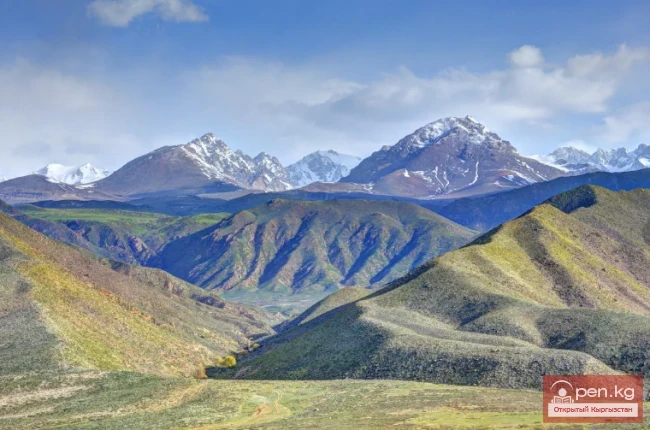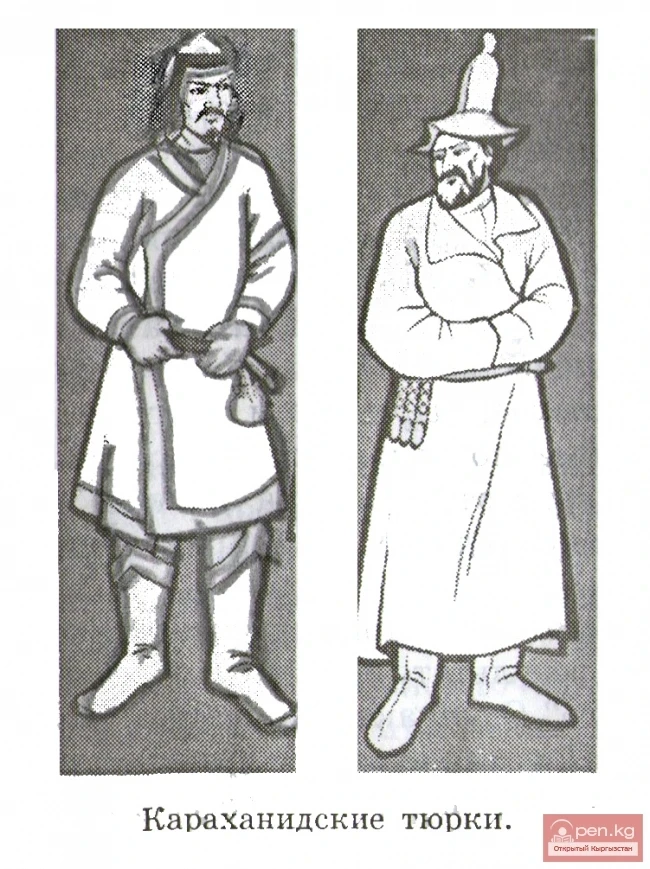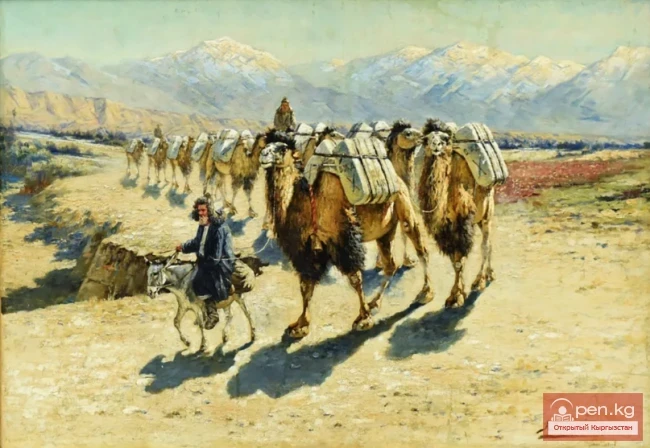1600 Years of the Great Road
In the decades following the death of Zhang Qian, his plan of "10,000 li" began to yield results. Dayuan and Wusun came under the sphere of Chinese influence. Trade communications, once fragmented and disconnected, now merged. Trade caravans from China began their journey from Chang'an and traveled to Dunhuang — a city on the border, near the Great Wall. From there, two routes branched out: the northern and the southern. The southern branch went through Hotan, Yarkand, Balkh, and Merv. The northern route passed through Turfan and Kashgar, traversing the territory of Kyrgyzstan, i.e., the land of Wusun.
Here, it again split into two branches — along the northern and southern shores of Issyk-Kul.
Further on — Fergana (Dayuan), Samarkand... In Merv (Turkmenistan), both branches converged. Beyond the Merv oasis, roads stretched into Parthia and Mesopotamia. To the shores of the Mediterranean or to India.
Across this vast expanse, peoples and tribes replaced one another: Yuezhi, Wusun, Turks, Karluks, Turgish, Arabs, Mongols. Powerful states were created and fell apart: the Kushan Empire, the state of the Hephthalites. The Turkic Khaganate, the Samanids, the Karakhanids, the empires of the descendants of Genghis Khan and Timur...
And the Great Silk Road continued to operate. From city to city, from oasis to oasis, from well to well, caravans moved on, pilgrims with staffs made their way, adventurers of all kinds hurried along...
The Great Silk Road! Throughout the history of humanity, there has been nothing equal to it in significance. For one thousand six hundred years, it operated with only minor interruptions. It is not just a trade route. It is a friendly bridge between the East and the West, a peaceful hand extended between two halves of humanity.
Exchange of goods. Exchange of cultures. Expansion of visible horizons. Knowledge of the homeland. And, as a consequence, a transformation of a feudal-limited worldview into a universal one.
Mutual enrichment — no, not just with mercantile goods. With knowledge! With progress!
Even in ancient times, China received such important agricultural crops as grapes, alfalfa, beans, pomegranate trees, walnuts, and saffron. They were brought to the Middle Kingdom; also glass, precious stones, carpets, medicines, cosmetics, and "heavenly horses."
Chinese paper, the compass, tea, and silk came to Europe from the East. Let us not enumerate all the tangible benefits that the Road brought to many peoples.
This Road was traversed by William of Rubruck, Plano Carpini, Marco Polo, and countless unnamed travelers...
This Road brought Order, Commonwealth, and Peace to the universal chaos of the Middle Ages — at least in those places where it passed. Asian rulers and "steppe leaders" eventually understood that robbing caravans was a less profitable endeavor than protecting those same caravans from robbers. From nomad to nomad, "ships of the desert" — camels, swayed with their bales, and steppe heroes guarded them from their kind.
So many tragedies unfolded on the Great Road over 1600 years. If only one could look into the past!... The discovery of the sea route to India by Vasco da Gama put an end to this chapter in the history of humanity. But the significance of this chapter is still felt today: for today’s world is a product, a consequence of all previous eras...
Secrets of Issyk-Kul Lake
